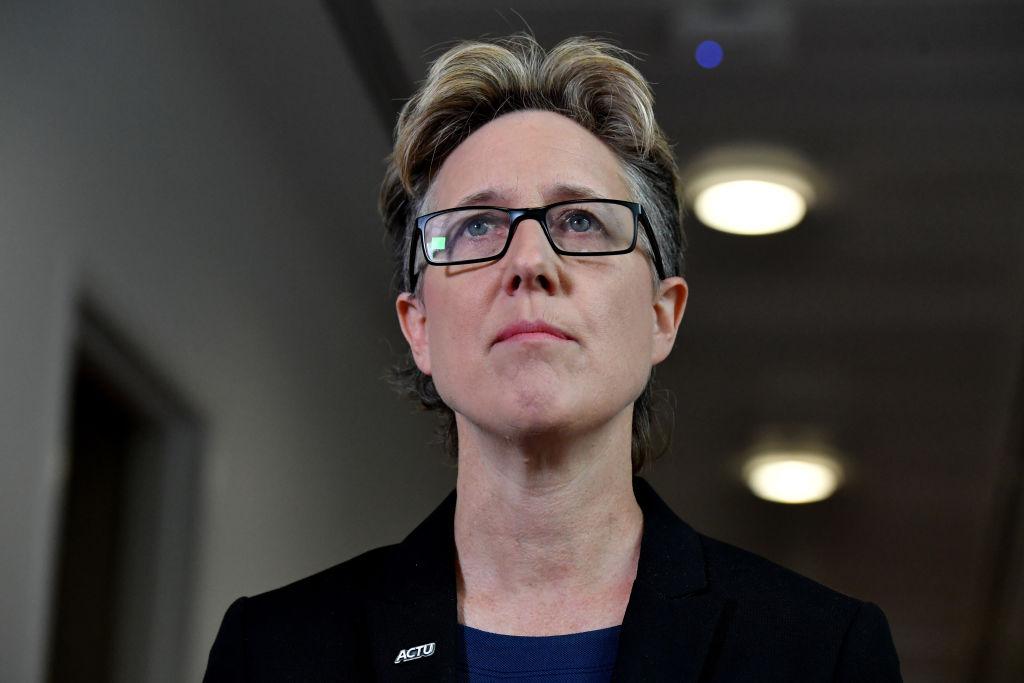The Australian Council of Trade Unions (ACTU) has said a seven percent pay rise to all award wages across the board is a matter of survival for Australians.
ACTU Union Secretary Sally McManus said that a seven percent increase is essential for the minimum and award wage workers to keep them financially above water.




